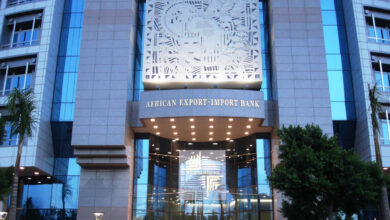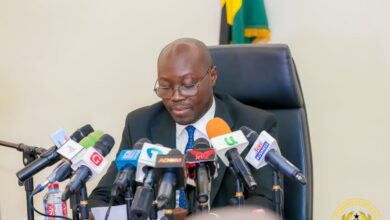BoG Defends Gold-for-Oil Policy as Lifeline Despite GH¢2.14bn Losses
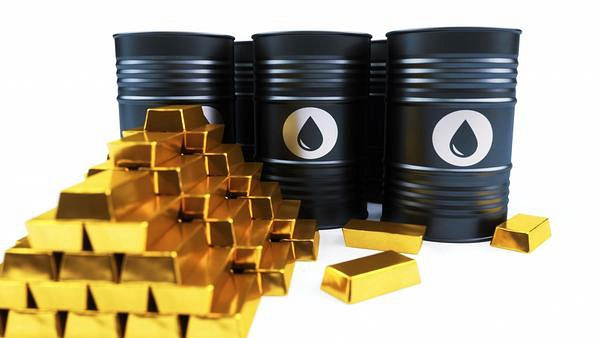
The First Deputy Governor of the Bank of Ghana (BoG), Dr. Zakari Mumuni, has reaffirmed the economic value of the controversial Gold for Oil (G4O) programme, describing it as a market-based intervention that helped stabilise petroleum prices, ease inflationary pressures, and protect the cedi during a turbulent period for the economy.
Speaking at the CNVERGE 2025 conference in London on the theme “Leveraging Commodities – The Central Bank’s View”, Dr. Mumuni argued that commodities, when strategically managed, can be more than just tradeable goods — they can be powerful macroeconomic tools capable of shaping growth trajectories and influencing investor confidence.
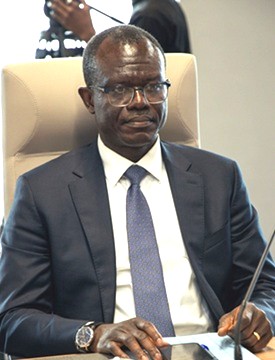
“In several countries, leveraging commodities has become integral to policy frameworks, particularly during periods of supply chain disruptions, inflation, and market volatility,” he said, adding that Ghana’s recent experiences with gold-backed policies illustrate this potential.
From Domestic Gold Purchases to Fuel Price Stabilisation
Dr. Mumuni traced the origins of the G4O programme to the Domestic Gold Purchase Programme (DGPP) launched in 2021. The DGPP was designed to double the Bank’s gold reserves within five years, diversify foreign exchange holdings, and use gold as collateral to access cheaper short-term financing.
Building on that framework, the BoG introduced the Gold for Oil initiative in late 2022 as fuel prices soared by as much as 230% in a year and petroleum imports became the country’s single largest drain on foreign reserves. The G4O policy allowed the Bank to exchange domestically purchased gold for petroleum products through government-to-government arrangements, securing supplies at competitive prices and bypassing volatile currency markets.
According to Dr. Mumuni, this strategy helped moderate transport costs, ease inflation, and stabilise the cedi. “This was another clear example of how commodities were used as instruments of liquidity and trade facilitation in the Ghanaian economy,” he stated.
Losses and Criticism
Despite these claims, the G4O programme was not without its critics. Official records show the initiative incurred losses of GH¢2.14 billion by the time the BoG exited the scheme in March 2025. Analysts have attributed the losses to global gold price fluctuations, oil market volatility, and procurement inefficiencies. Others argue that the gold used in the scheme could have been retained to strengthen reserves and provide longer-term currency stability.
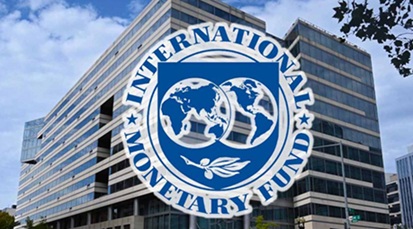
The International Monetary Fund had also flagged concerns, pushing for a review of the programme as part of broader amendments to the Bank of Ghana Act. “An ongoing updated Safeguards Assessment will provide additional support for designing changes to the BoG Act. It will review the authorities’ gold purchase and gold-for-oil programmes and associated risks for the BoG,” the Fund noted in an earlier statement.
Balancing Benefits and Costs
Dr. Mumuni maintained that while the fiscal costs were real, the macroeconomic stability achieved during a period of extreme global volatility justified the intervention. “Ultimately, this was about shielding the economy from deeper instability,” he said, adding that Ghana’s experience underscores the potential for commodities to be deployed as strategic financial instruments.


